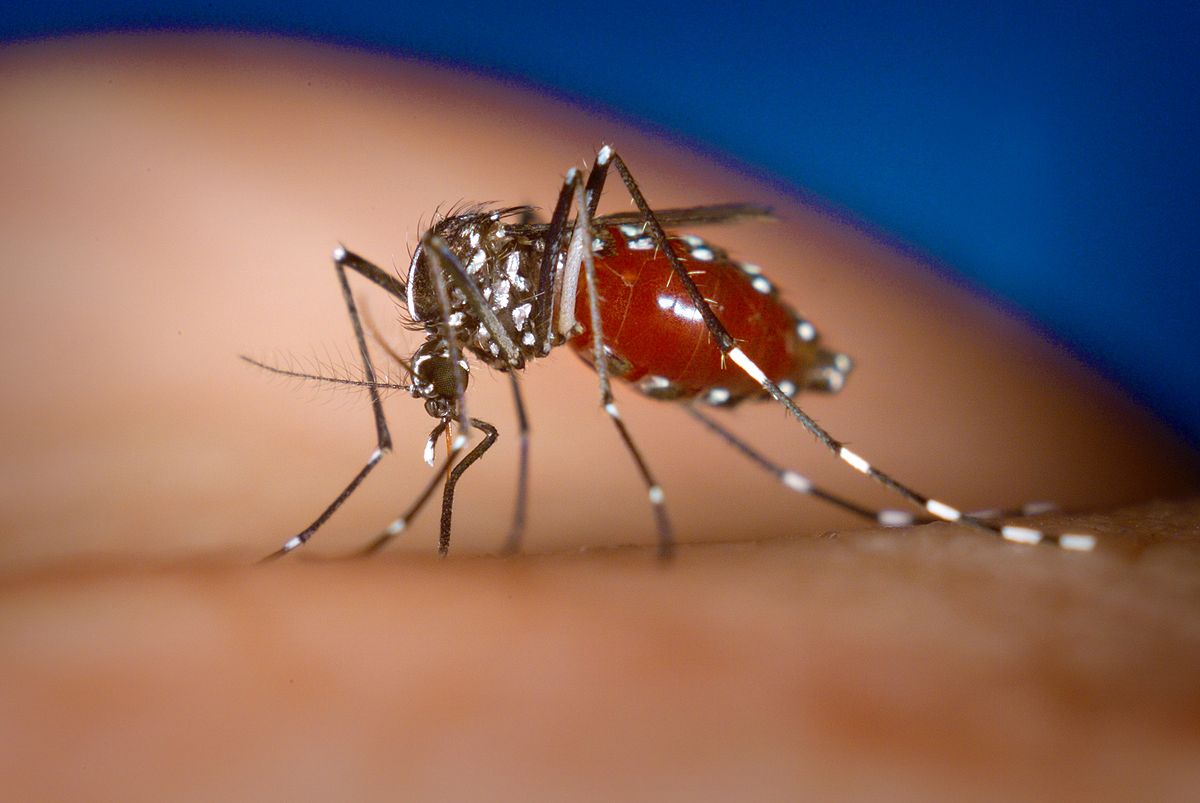
OTTAWA—Health Canada says more than 200 Canadians have been infected by a virus that has sickened hundreds of thousands of people in the Caribbean and spurred a state of emergency in Jamaica.
As of Oct. 1, the agency said Tuesday, 201 Canadians had been infected with chikungunya (CHIK-un-gun-yah), a disease caused by a virus transmitted by mosquitoes. Symptoms include fever and severe joint pain, as well as muscle pain, headache, nausea, fatigue and rash.
The cases have been confirmed “among travellers returning from endemic areas in 2014,” said Eric Morrissette, a spokesman for Health Canada.
The first case of the disease in the Western Hemisphere was documented on the island of St. Martin last December. Chikungunya has been present in Africa and the Asia-Pacific region for decades.
“A very significant rise in infections by this virus has occurred in 2014, which is consistent with the large outbreak in the Caribbean region and ongoing activity in the Asia-Pacific area,” Morrissette said.
The majority of the Canadian cases stem from travel to Caribbean islands, he added. The area is a popular vacation destination for Canadian sun-seekers.
There is no evidence of local transmission in Canada, since the two species of mosquitoes that transmit the virus aren’t native to the country, Morrissette said.
There have also been confirmed cases in the United States and Central and South America.
Jamaican officials declared a state of emergency over the weekend as it grappled with chikungunya. Some estimate as much as 60 per cent of the Jamaican population has fallen ill with the virus.
Almost 800,000 people have been infected in the Caribbean, the majority of them in the Dominican Republic. The country’s health minister said last month that nearly 500,000 people there have battled chikungunya.
Canada issued a travel alert last month warning people going to the Caribbean to protect themselves from mosquito bites.
The Public Health Agency of Canada also urged travellers to consult a health-care provider, or visit a travel-health clinic, at least six weeks before going to the Caribbean.
There is no vaccine or treatment to fight the virus, but the World Health Organization says most patients recover fully.
“But in some cases joint pain may persist for several months, or even years,” the organization says on its website.
“Occasional cases of eye, neurological and heart complications have been reported, as well as gastrointestinal complaints. Serious complications are not common, but in older people, the disease can contribute to the cause of death.”